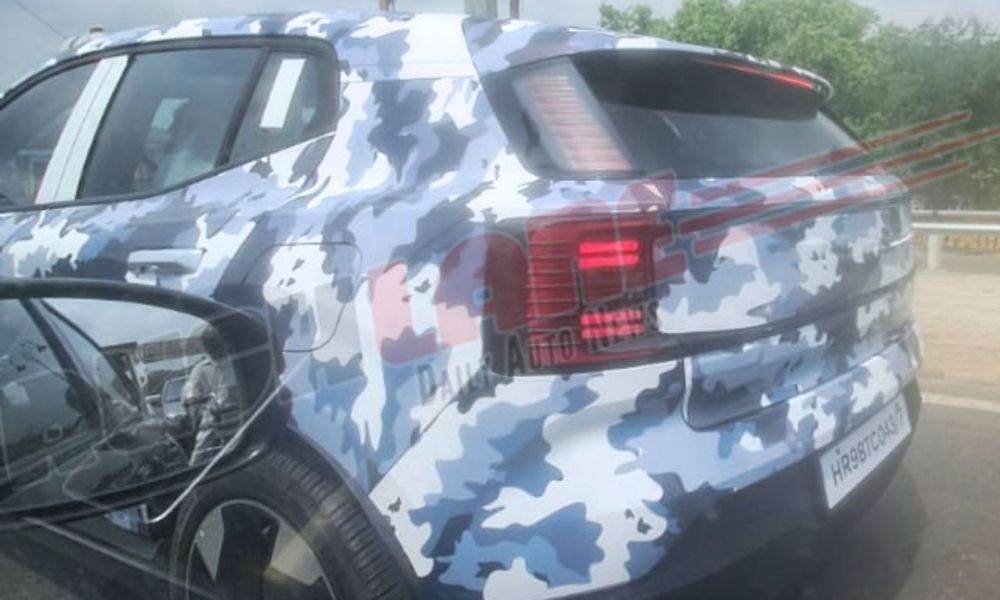Hyundai Motor Group announced its plan to produce five mass-market, locally manufactured electric vehicles (EVs) for the Indian market by 2030. These upcoming EVs will be developed at the Hyundai-Kia Namyang R&D center in Korea. All research work, including electrification, mobility research, development of voice recognition technology in local Indian languages, and autonomous driving, will be conducted at this facility.
The Hyundai Creta EV will be the first vehicle under this EV strategy, with production slated to begin in December 2024. Its market launch is expected in the first half of 2025. Specifications for the Creta EV are not yet disclosed, but it is likely to feature a 45kWh battery pack and an electric motor located at the front axle. This setup is similar to the one in the global-spec Kona EV. The expected range of the Hyundai Creta EV is approximately 500 km. The electric version of the SUV will be based on the updated Creta, with a few EV-specific design elements both inside and out.

Similar to Tata Motors, Hyundai might adopt an ICE-to-EV conversion strategy for its upcoming EVs. This approach could involve introducing electric versions of existing models, which would help reduce development and production costs while allowing for competitive pricing. Although it’s too early to confirm Hyundai’s specific EV models, the plan might include an Exter EV from the micro-SUV segmenta Venue EV from the subcompact SUV segment, and an Alcazar EV from the three-row SUV segment. A fourth product could be the locally-produced Hyundai Ioniq 5, which is currently imported into India as a completely knocked down (CKD) unit.
Hyundai Motor India will expand its EV product portfolio with an investment of Rs 20,000 crore over the next nine years. The funds will also be used to build a high-tech EV battery assembly unit, increase EV production, and install 100 charging stations along highways.








